Plate representing two antique vases from the cabinet of William Hamilton.
Engraving heightened with gouache and passe-partout created by Galerie Lamy Chabolle.
1767-1770.
As an antiquarian, archaeologist, vulcanologist and employed by the British Embassy in Napoli, Sir William Hamilton (1731-1803) was an eminent figure of the European aristocracy who accumulated a monumental collection of antique vases over the years. Before selling this collection to the British Museum in 1772, Hamilton had Pierre-François Hugues d'Hancarville, a daring connoisseur and art dealer, create a complete catalog in words and pictures. This catalog, entitled The Complete Collection of Antiquities from the Cabinet of Sir William Hamilton, is in itself a neoclassical masterpiece.
This bilingual work, French-English, was the first of its kind. This study allowed the diffusion of these objects, until then unknown, all over Europe and served as an iconographic basis for the artists who supported the neoclassical style as well as for the scientists and historians. Until then, ancient vases had never been represented with such precision and aestheticism. The designer's plates became one of the most influential sources of inspiration for the neoclassical style and are a valuable source of documentation, as part of Sir Hamilton's collection unfortunately sank with the ship that brought them back to Britain in 1798.






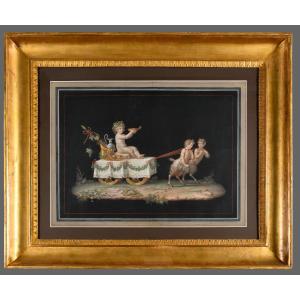






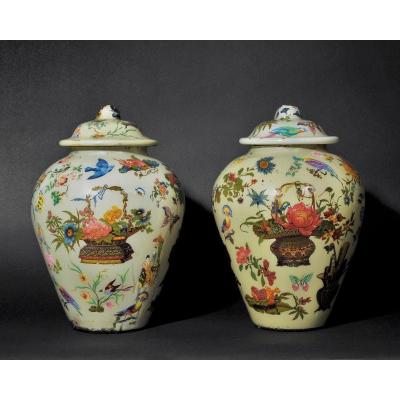
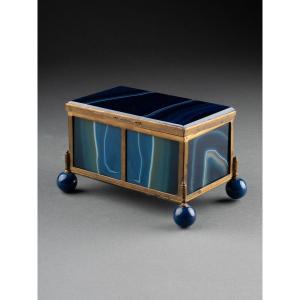

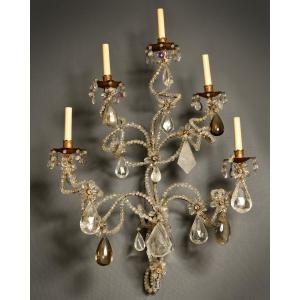





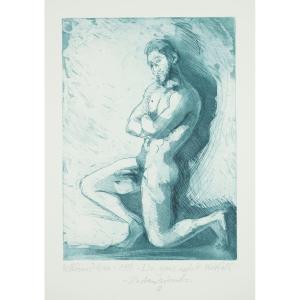




 Le Magazine de PROANTIC
Le Magazine de PROANTIC TRÉSORS Magazine
TRÉSORS Magazine Rivista Artiquariato
Rivista Artiquariato